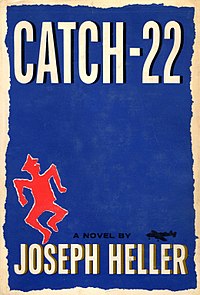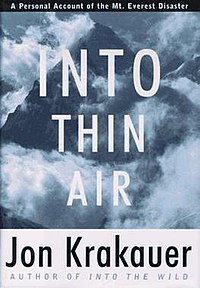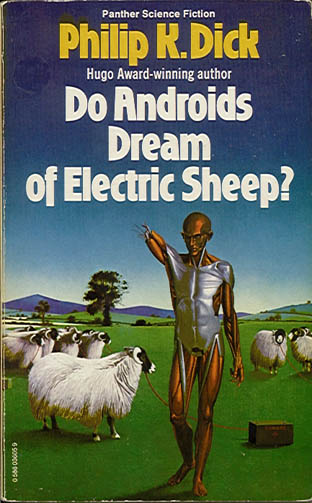This is where it really starts to get out of hand with repetition. I wouldn't call Machiavelli a philosopher though. He touches upon some ontology and moral topics. I think the reason why he sounds like a philosopher is a result of his brilliant mind and terrible writing skills. If you try and read Hume, Kant, Hegel, or Hobbes you will find common themes in their writing. Just look at the table of contents in Kant's critique of pure reason. It's just painful to look at. Kant's prolegomena to any future metaphysics says the same thing as his critiques, but it is about a tenth the size.
People think that Philosophy is hard to read, but truthfully it's just extremely dry. It wasn't until the continental philosophers that you find a few decent writers like Nietzsche, Wittgenstein (his later works), and Sarte (who I think is a terrible philosopher).


.jpg/200px-Slapstick(Vonnegut).jpg)


.jpg/200px-Slapstick(Vonnegut).jpg)
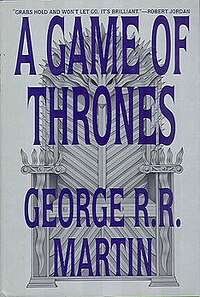

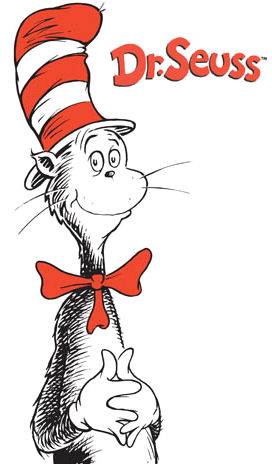







.jpg/200px-BreakfastOfChampions(Vonnegut).jpg)
